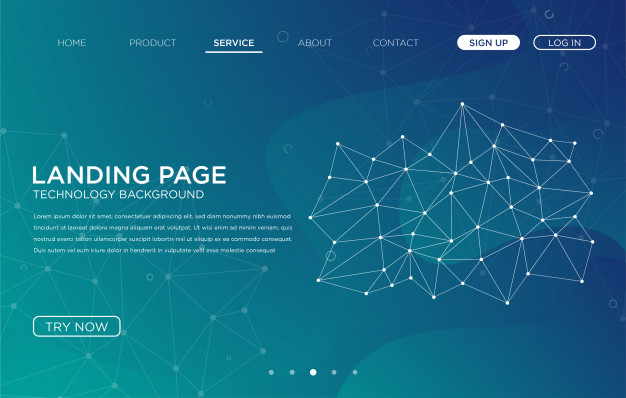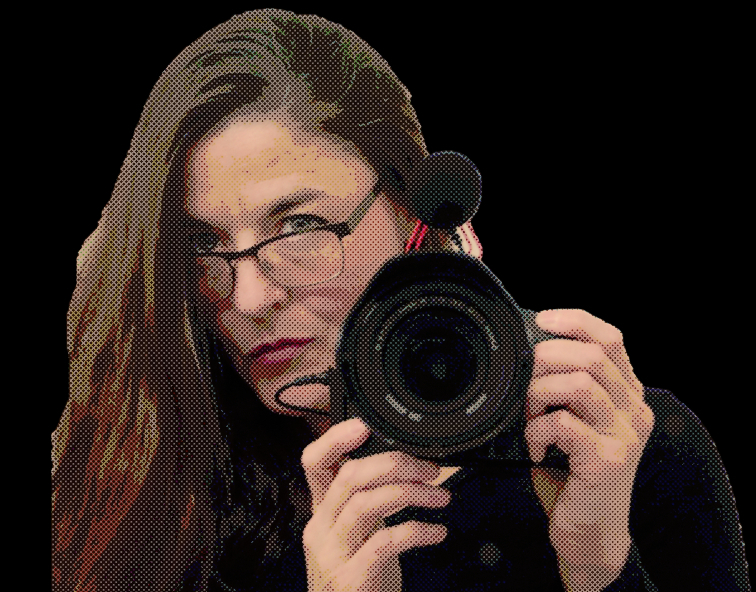
Every author needs a website, it’s a simple as that. It’s your central hub for everything, like your online house. Luckily for you, what’s actually on your website is pretty simple. The basics are:
- Home (your default landing page)
- About You (aka Author Bio)
- Your Books
- Blog
- Newsletter Signup
You can add whatever else you want for shits and grins—I certainly have!—but those are the essential tabs.
The reason a website is so important to an author is because it’s the only one-stop-shop for all your books, the place where people can sign up for your newsletter, where people can engage with you, and where people can get info on your upcoming work.
A good way to decide on your website layout is to simply sit down with a pencil and paper and jot down a mind map of what you want on your website. It might be as simple as the basics above, especially if you’re just starting out and don’t have a lot of work to promote yet. If you’re writing non-fiction or fiction heavily influenced by real events, for instance, you might include more tabs with relevant info or links to other sources. It’s up to you, and you can change it later.
At their core, author websites are basically all the same; the difference is how the information is presented. You’re promoting your books by letting people know about your books, and also a little bit about yourself. That’s it. I recommend perusing the websites of other professional authors, finding one you really like, and copying that layout.
The hard part is futzing with the aesthetics to get everything on your website to look the way you want it to. It might require some computer know-how the average person probably doesn’t have, especially when you run into problems. I resolved this issue by enlisting my husband, a computer programmer, to do it for me (favors of a sexual nature might’ve been exchanged…).
There are several services that allow you to create a fully-formed website, like Wix or Weebly, and others that allow you to manage internet content to essentially create a website, like WordPress. The difference is like baking a cake: you can either buy a mix if you want something simple and don’t intend to change the recipe (Wix/Weebly), or you can make it from scratch and get creative (WordPress, or straight-up coding your own from the internet ether if you’ve got the skillz).
I use WordPress because that’s what my husband set up for me when I asked him to help me make a website, though I’ve since learned enough HTML code to maintain it mostly by myself. Sometimes I still need his help though, and it goes something like this:
Me: Can you add a newsletter signup form to the left of my webpage?
Hubby: That’ll be three blow jobs.
Me: Two.
Hubby: Two and a hand job.
Me: Fine. Put it on my tab.
Good thing hubby doesn’t read these posts!
Anyway. You also have the option of just hiring someone to do it for you, but I’m not a fan of hiring anyone to do anything for you, writing career-wise; I’ve tried—editing, marketing—and it’s never been worth the money. Since author websites don’t need to be complicated, I suggest just sucking it up and doing it yourself.
Or, you know, sucking and getting someone else to do it for you, like I did. That is, honestly, your best option.
So naughty!! Heh, I kill me. Why hello, gutter, how are you? I’m a little bored, actually. That’s how I ended up here.
